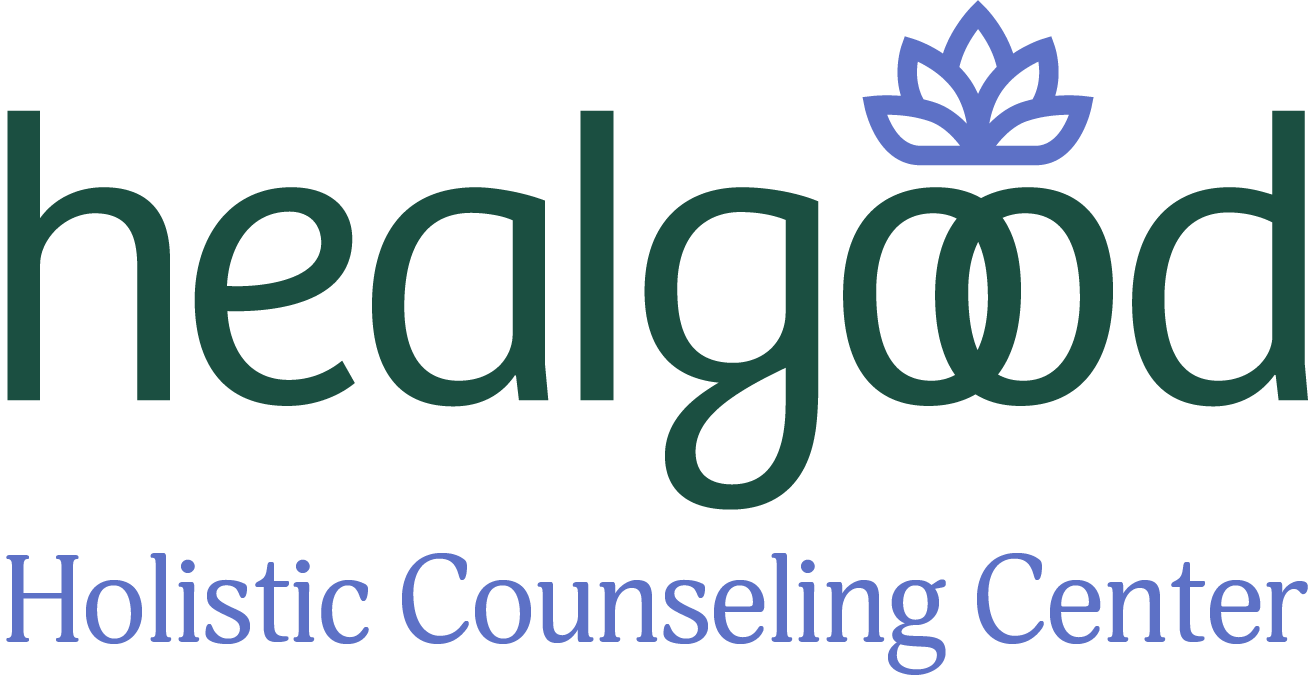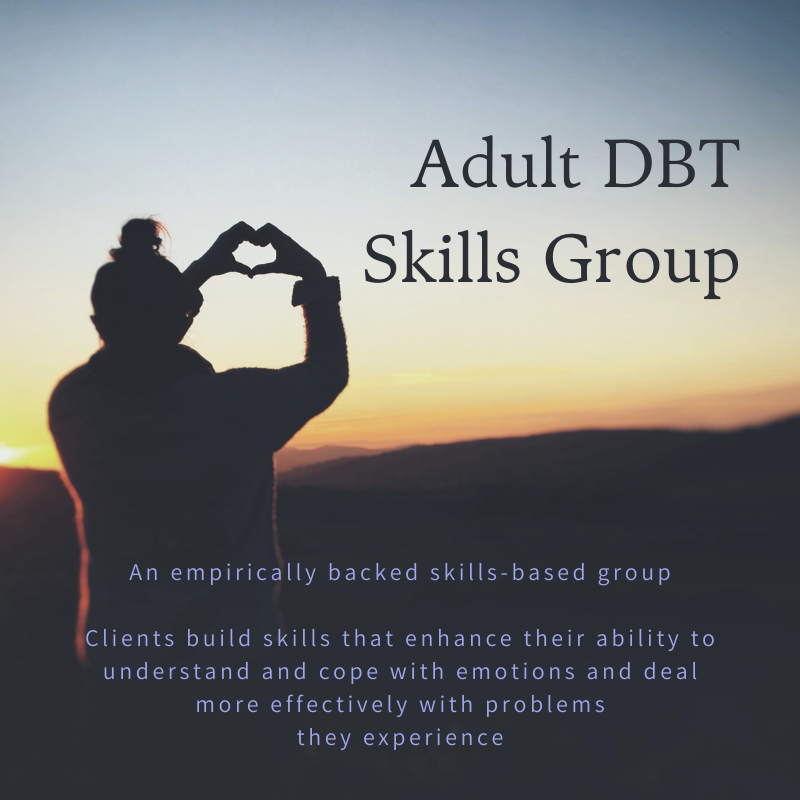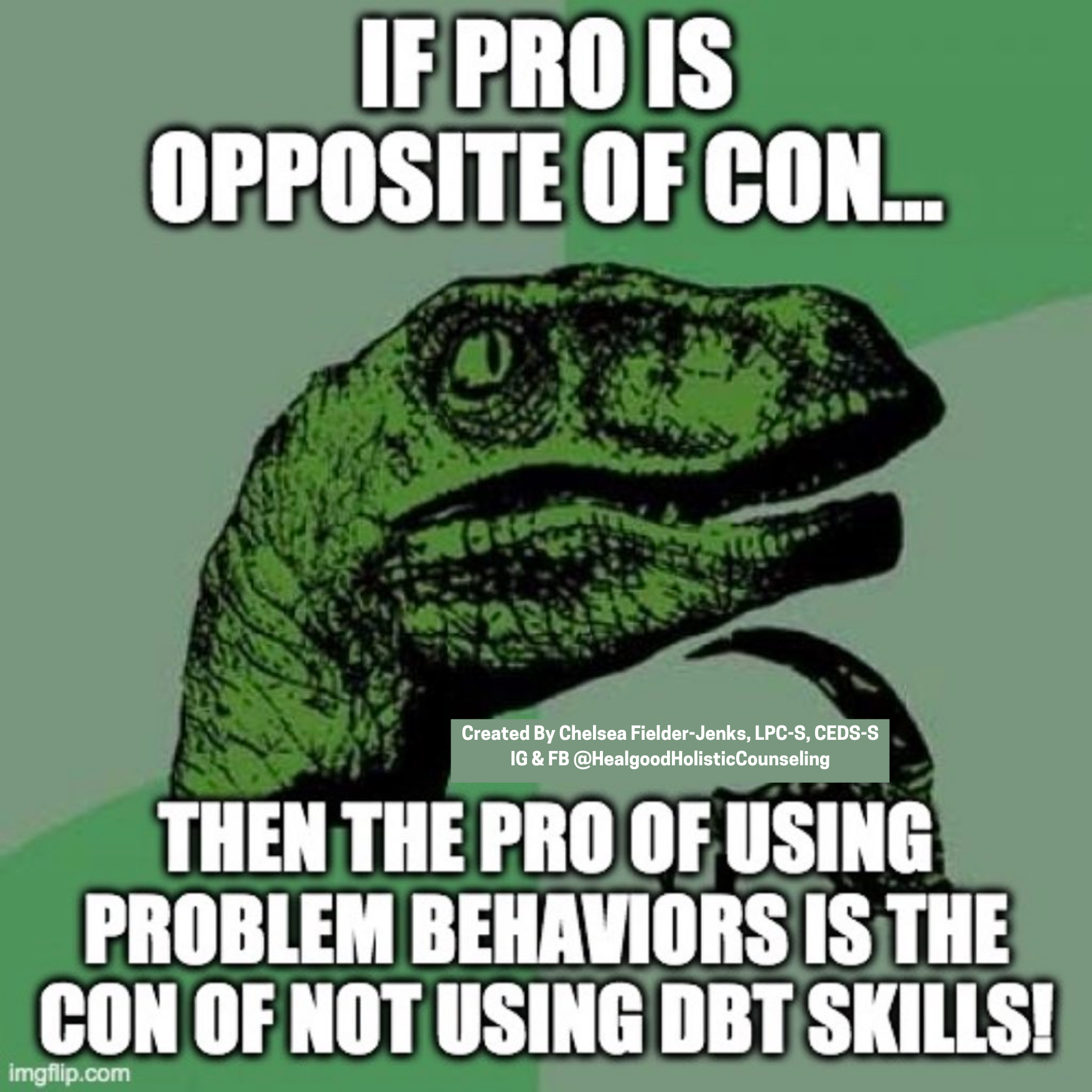Adult DBT Skills Group
A group to support adults in understanding and coping with emotions and deal more effectively with problems they experience.
Thursdays 11 am to 1 pm
Held in-person at our Northwest Austin Location
Ages 18 +
What is DBT?
Who Says DBT Can’t Be Fun?
At Healgood, we may be biased, but we think DBT is all that and a bag of chips.
We incorporate a sense of humor, along with experiential and expressive activities, to help group members learn, practice, and apply the skills outside of group.
Think DBT can’t be fun? Let’s “check-the-facts” by taking a look at our DBT Memes Below. Any GoT fans?
Dialectical Behavior Therapy, or DBT, is an empirically-supported treatment that has been shown to be effective for those struggling with understanding or regulating their emotions, having difficulty navigating boundaries and relationships, acting on impulse, or struggling with behaviors such as substance use, disordered eating, suicidal thoughts, or self-harm.
Considerable research has been conducted on DBT for adolescents and adults, and multiple randomized controlled research trials have demonstrated its effectiveness. At Healgood, we use DBT to help people who struggle with emotional ups and downs. DBT is an excellent option for those who want a comprehensive treatment that teaches emotional, behavioral and cognitive skills. We find that DBT skills benefit all life areas - school, work, relationships with family & peers, social, and so on.
The DBT Skills Modules
DBT includes four behavioral skill modules, with two acceptance-oriented skills (mindfulness and distress tolerance) and two change-oriented skills (emotion regulation and interpersonal effectiveness).
Mindfulness: The practice of being fully aware and present in this one moment
Distress Tolerance: How to tolerate pain and emotions in difficult situations, not change it, so that we do not make poor choices
Interpersonal Effectiveness: How to ask for what you want and say no while maintaining self-respect and relationships with others (boundaries, assertiveness, relationship skills)
Emotion Regulation: How to decrease vulnerability to unwanted emotions, honor valid emotions, and change emotions that you want to change
At Healgood, we follow the empirically-backed DBT protocol
Our Group Facilitators are Masters Level Clinicians who have completed additional DBT Skills Group Training.
Coverage of all DBT modules, including: Mindfulness, Distress Tolerance, Emotion Regulation, Interpersonal Effectiveness, and Middle Path Skills
One to two individual therapy sessions per week recommended so that participants work on specific problem behaviors and apply techniques learned in the skills group to their goals.
Skills Phone Coaching - Available to support clients with in-the-moment coaching on how to use skills to effectively to cope with difficult situations that arise in their everyday lives.
Clinician Consultation Group - Our clinicians meet regularly as a consultation team to support one another and think creatively about the best ways to help teens and their families.
Collaboration with other providers, including individual and family therapists, prescribing providers, dietitians, and so on.
More About the Group
Groups are held weekly, for 2 hours. DBT is a skills-based didactic group, not a process group. During the first hour of each group session, the group leader will review DBT Diary Cards individually with each group member, providing coaching, feedback, and observations about skills used in an effective way. Group members not only benefit from the individual coaching, but by being learning how other group members are practicing skills.
The second hour of the group is spent going over new DBT skills. Handouts, homework sheets, experiential exercises, board work, and discussion are used as learning tools. Group members are asked to practice this skill over the week and to give feedback the following week on how the skills worked for them and what challenges occurred.
All of the DBT skills build on each other. Group members are asked to be able to commit to a total of 6 months before joining the weekly group in order to complete all of the modules (Mindfulness, Interpersonal Effectiveness, Emotion Regulation, and Distress Tolerance).
Group Times
Weekly, Thursdays from 11 am to 1 pm
Group Fees
Groups are held weekly, for 2 hours.
Each group is $80.
One-time materials fee to help cover the costs of workbook and group materials: $75. The DBT Skills Workbook will be the client’s to keep.
Joining the Group
Throughout the year, we have open periods where new group members can join the group. Prior to joining, group members will complete the following:
A Free Initial Group Consult | 30 mins | This allows the client to ask any questions they may have about the group and begin to explore if they may benefit from the group. Fee: Free
A Holistic, Biopsychosocial Intake Assessment | 90 mins | This allows for the client to relay important treatment goals and background information. This also allows the client to build rapport with the group therapist, supporting the client in the transition to group. This assessment also helps ensure goodness-of-fit and that the client will benefit from the group. Fee: $195
Treatment Planning & Orientation Session | 50-min | Typically 1 to 2 sessions are needed | After the initial intake assessment, your clinician will collaborate with you to develop a treatment plan based upon your goals for the group. This will be reviewed with the client and family. You will then be provided with your DBT Skills Workbook and your clinician will begin to orient you to the group - the detailed group scheduled, what to expect, group rules, how to use the binder, and so on. Your clinician is also happy to answer any questions the client or family may have prior to joining the group. Fee: $165
Need a reduced rate? Please inquire.











